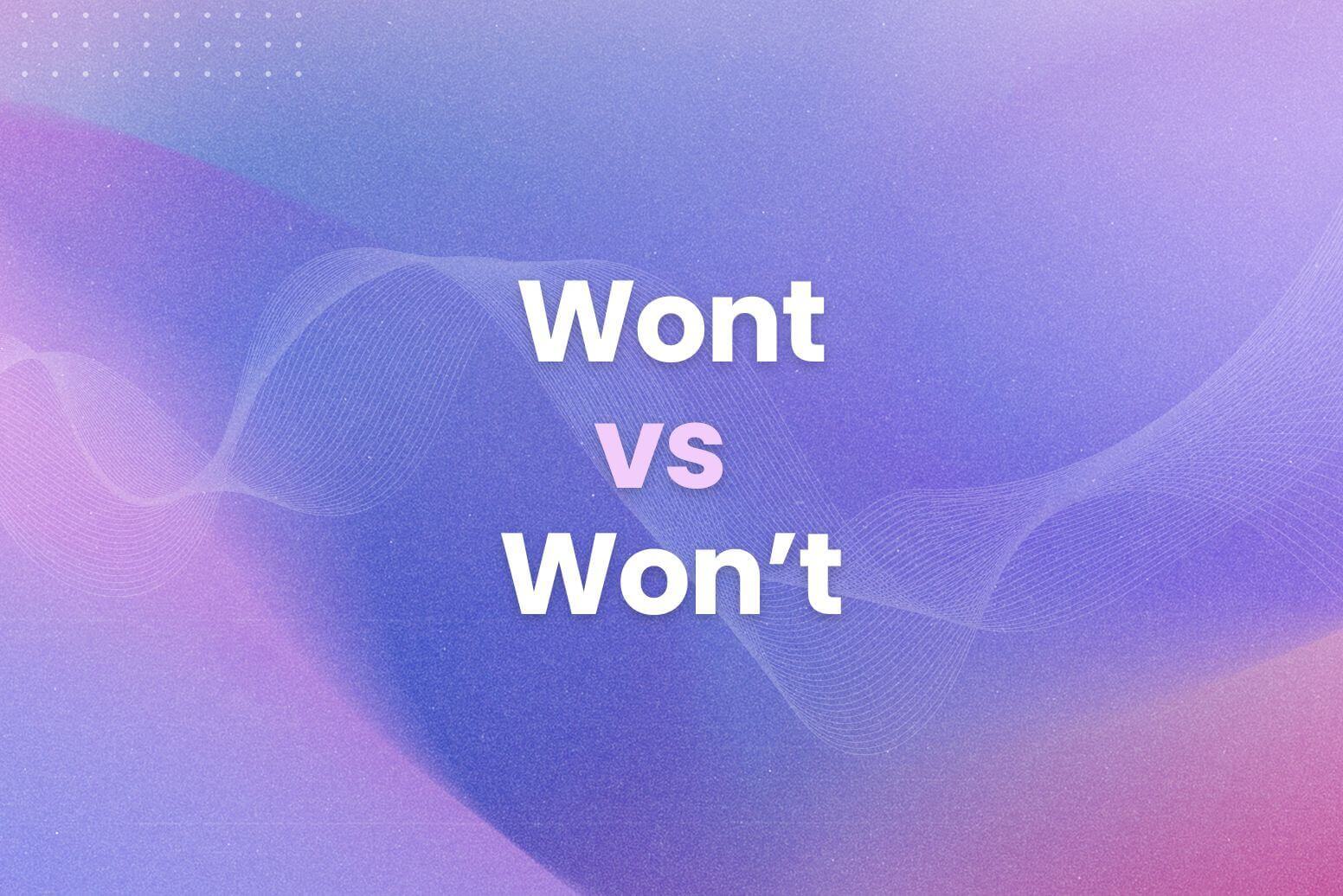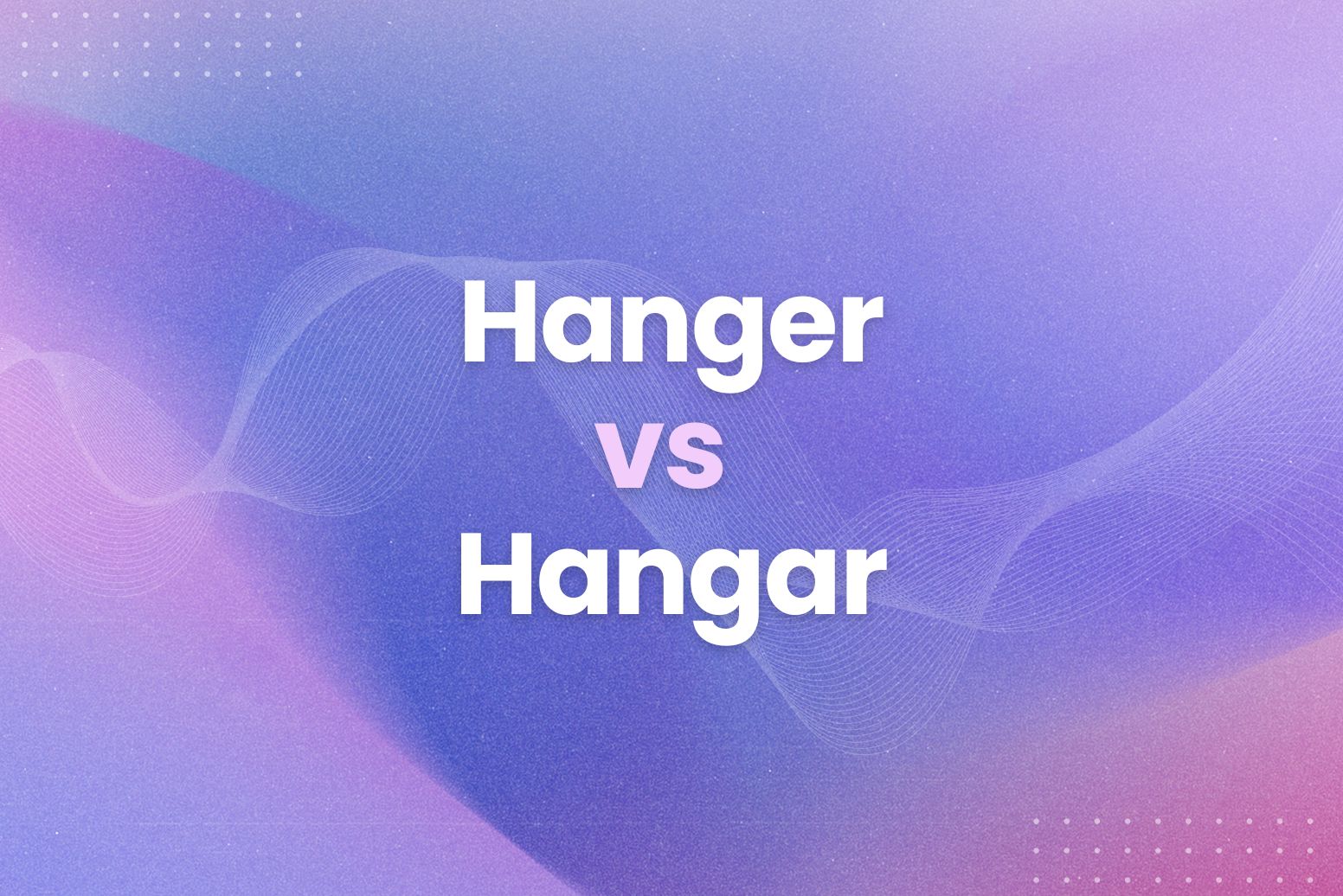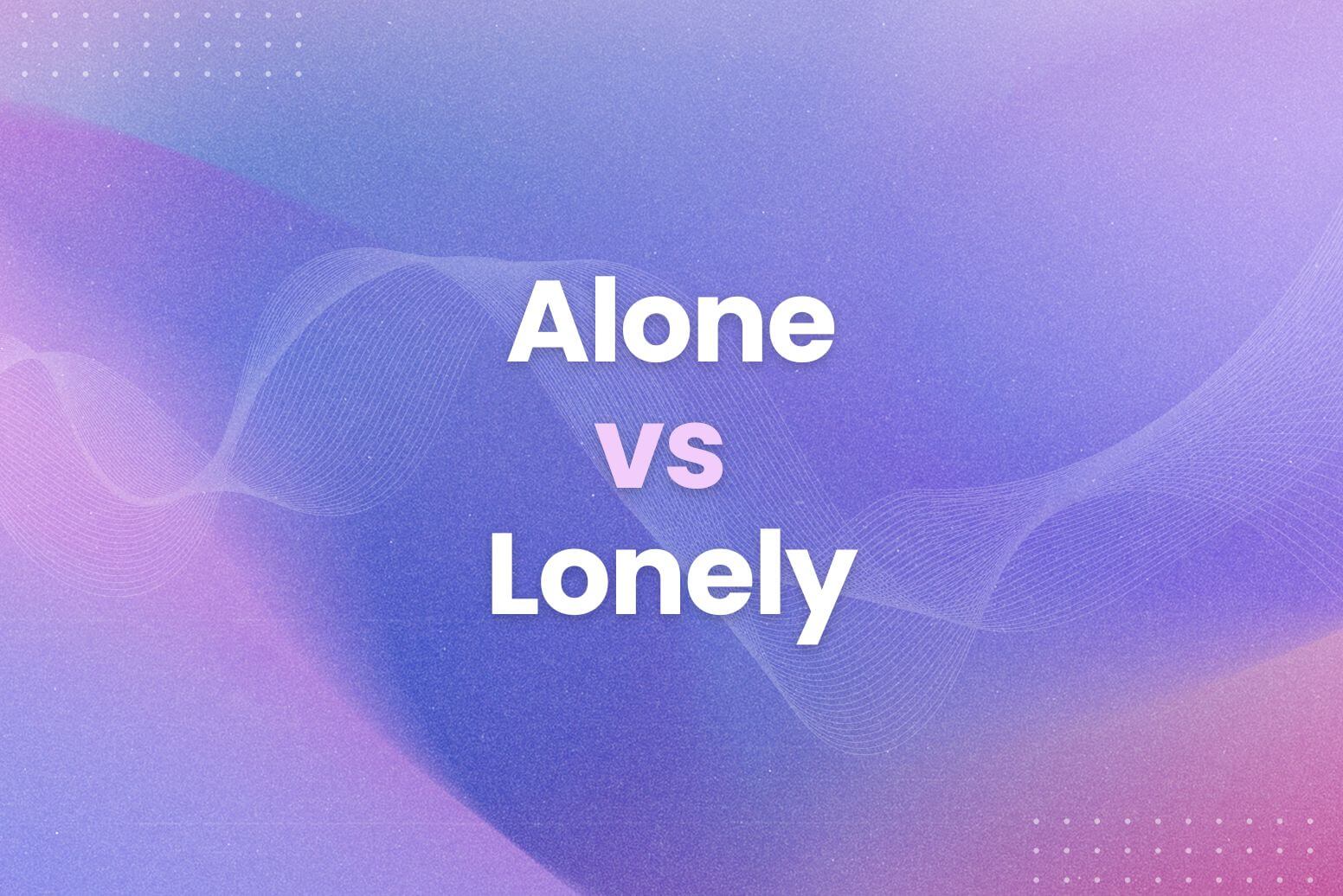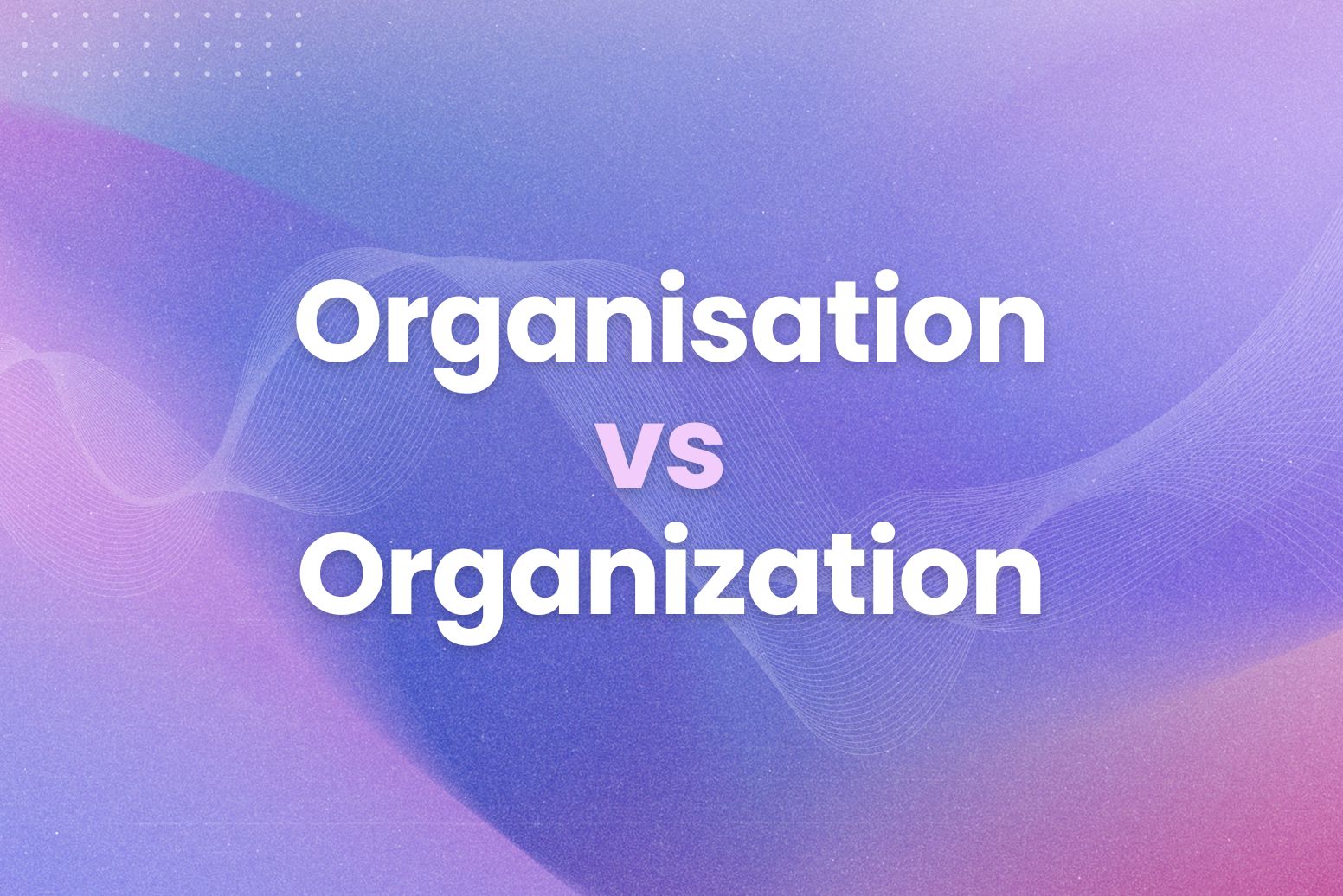We’ve all been there. Staring at a sentence, unsure if it’s won’t or wont. These tricky contractions trip up even seasoned writers. But fear not. You’re in the right place. We’ll clear up the confusion once and for all between Wont vs Won’t. Here’s what we’ll cover:
- First of all, the real difference between wont vs won’t
- Then, simple tricks to remember which is which
- Also, common mistakes to avoid
- Lastly, a quick quiz to test your knowledge
The Real Difference Between Wont vs Won’t
Let’s get straight to the point. Won’t is a contraction of will not. It expresses a future refusal or negation. For example, “I won’t go to the party.” This means “I will not go to the party.”
On the other hand, wont (with one ‘o’) is a less common word. It means “accustomed” or “used to.” You might see it in phrases like “He is wont to arrive late.” This means he’s in the habit of arriving late. However, it’s a bit of an old-fashioned word. You likely won’t use it much in everyday conversation.
So, the key difference is the apostrophe. That little mark changes everything. Won’t (with the apostrophe) is about the future. Wont (without it) is about habit. Think of it this way: the apostrophe in won’t stands in for the missing letters in will not. Consequently, it helps you remember its meaning.
Simple Tricks to Remember Which is Which
Okay, so now you know the difference. But how do you remember it? We’ve got you covered. Here are a couple of tricks to keep won’t vs wont straight.
- Think “will not”: This is the most important tip. If you mean “will not,” use won’t. It’s that simple. For instance, “She won’t eat her vegetables” means “She will not eat her vegetables.”
- Focus on the apostrophe: The apostrophe in won’t is a visual cue. It reminds you of the missing letters in “will not.” Therefore, when you see that apostrophe, think future, think negation.
- Use it in a sentence: The best way to learn is by doing. Try writing a few sentences using won’t. For example, “We won’t forget your birthday.” This reinforces the correct usage in your mind.
- Arvin to the rescue: Our AI-powered browser extension, Arvin, is your grammar guardian. If you’re ever unsure about won’t vs. wont, just type it out. Arvin will instantly flag any errors and offer suggestions. It’s like having a personal editor on every webpage. This means you can write with confidence, knowing Arvin has your back. Furthermore, Arvin can also help you with other grammar and writing tasks, making it a valuable tool for any writer.
Common Mistakes to Avoid
Even with the best tricks, it’s easy to slip up. Here are some common mistakes people make with won’t vs wont, so you can avoid them.
- Forgetting the apostrophe: This is the biggest culprit. People often type wont when they mean won’t. This mistake changes the meaning of your sentence. So, always double-check for that apostrophe.
- Confusing with “want”: Want is a completely different word. It means to desire something. Don’t mix it up with won’t. For example, “I want a cookie” is very different from “I won’t eat that cookie.”
- Overthinking it: Sometimes, people second-guess themselves. They know the rule, but they still hesitate. If you mean “will not,” use won’t. Don’t overcomplicate it.
- Relying solely on spell check: Spell check can be helpful, but it won’t always catch won’t vs wont errors. Both are valid words. Therefore, you need to understand the meaning and context.
- Not using Arvin: We mentioned it before, but it’s worth repeating. Arvin is a lifesaver when it comes to grammar and writing. It catches errors that spell check might miss. As a result, you can write with greater accuracy and confidence. It’s a simple addition to your browser that can make a big difference in your writing.
- For example, if you accidentally type “I wont go,” Arvin will immediately flag it and suggest the correct form, “I won’t go.” This helps you learn and avoid making the same mistake again.
A Quick Quiz to Test Your Knowledge
Ready to put your knowledge to the test? Here’s a short quiz to see if you’ve mastered won’t vs wont. No peeking at the answers until you’ve tried them all.
- She ______ be happy to help. (will not)
- He is ______ to complain. (accustomed)
- They ______ go to the concert. (will not)
- I ______ forget your kindness. (will not)
- Are you ______ to finish your homework? (going to)
Answers:
- won’t
- wont
- won’t
- won’t
- wont (This one’s a bit tricky! “Wont” in this context is an archaic form of “want” used to indicate intention or willingness. It’s not related to the “won’t” vs. “wont” confusion, but it’s a good reminder that language can be complex.)
So, how did you do? If you got them all right, congratulations. You’re a wont vs won’t master. If you missed a few, don’t worry. Just review the tips we’ve covered.
Wont vs Won’t: You’ve Got This with Arvin
We’ve covered everything you need to know about won’t and wont. Now you can write with confidence, knowing you’re using the correct contraction.
Here’s a quick recap of the key takeaways:
- Firstly, won’t is a contraction of will not.
- Secondly, wont (one ‘o’) means “accustomed to.”
- Lastly, the apostrophe in won’t is your clue.
Now, armed with this knowledge, you’re well on your way to flawless writing. And for extra peace of mind, there’s Arvin. It’s like having a grammar expert always at your side, ready to catch any slip-ups and help you polish your prose. With Arvin, you won’t ever have to worry about wont vs won’t again.
FAQs
When should I use wont?
You should use wont (one ‘o’) when you mean “accustomed to” or “in the habit of.” However, it’s a somewhat archaic word. You probably won’t use it much in modern writing or conversation. For instance, “He is wont to be late” is a correct usage, but it sounds rather formal and old-fashioned.
What is the difference between Wont vs Won’t?
There is no difference. “Won t” (with a space) is simply incorrect. Won’t (with the apostrophe) is the correct contraction of “will not.” Therefore, always use the apostrophe.
What is the difference between would not and won’t?
Would not expresses a conditional or past refusal. For example, “He said he would not go.” Won’t, as we know, is the contraction of will not and expresses a future refusal. For example, “He won’t go.” Consequently, the key difference lies in the time frame and context.
What is the difference between shouldn’t and won’t?
Shouldn’t expresses a lack of obligation or advisability. For example, “You shouldn’t eat too much candy.” Won’t, again, expresses a future refusal. For example, “I won’t eat that candy.” In short, shouldn’t is about what’s recommended, while won’t is about a future decision not to do something.






